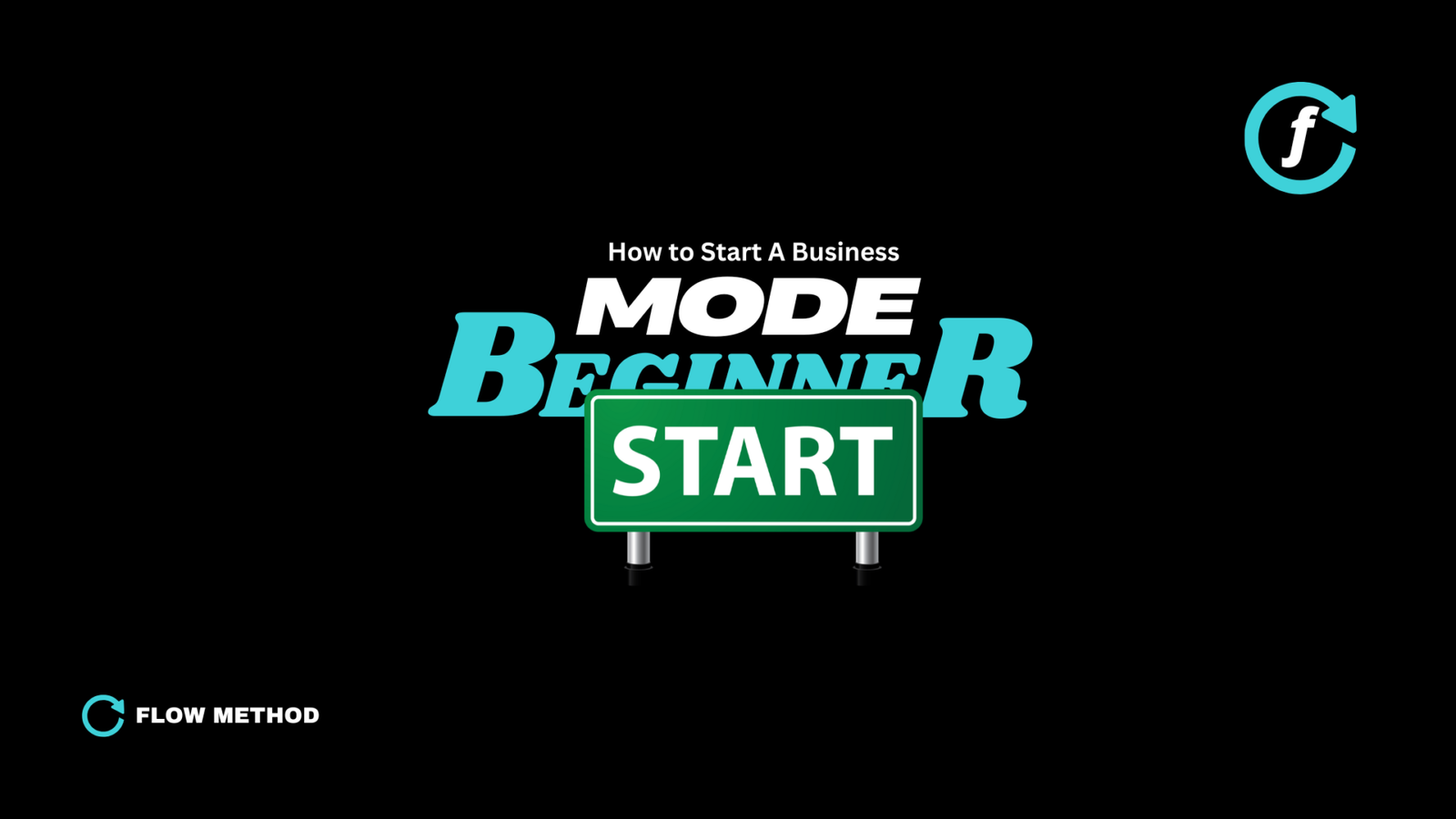Starting a business as a beginner can feel overwhelming, but with the right strategy, it’s entirely possible.
Whether you’re launching a side hustle or a full-scale company, this guide will help you navigate the process, avoid common mistakes, and build a strong foundation.
Define Your Business Goals
Before you start, define why you want to build a business.
🎯 Are you looking for financial freedom?
🎯 Do you want to pursue a passion?
🎯 Are you solving a specific problem?
Clarifying your goals will help shape your business model, branding, and marketing strategy.
Find Your Niche & Target Audience
To stand out in a crowded market, identify your niche and the people who need your product or service the most.
🔹 Choose a Niche – What specific problem does your business solve?
🔹 Validate Demand – Are people already paying for similar solutions?
🔹 Analyze the Competition – What gaps exist in the market?
If you’re unsure, research top-performing businesses in your industry and look for unmet needs.
Create a Business Plan
A business plan serves as your roadmap. It doesn’t have to be complicated, but it should outline:
📝 Your Business Idea – What you’re selling and why.
📊 Market Research – Who your customers are and how to reach them.
💰 Financial Projections – Startup costs, pricing, and revenue goals.
📈 Growth Strategy – How you’ll scale your business over time.
A solid plan will keep you focused and help attract investors or partners if needed.
Register Your Business & Get Legal
To operate legally, follow these steps:
✔️ Choose a business structure (LLC, Sole Proprietor, Corporation).
✔️ Register your business name & check trademarks.
✔️ Obtain licenses & permits (varies by industry).
✔️ Open a business bank account to separate finances.
Setting up correctly from the start protects you from legal and tax issues later.
Build a Strong Brand Identity
Your brand is more than just a logo—it’s how customers perceive your business.
🎨 Design a Logo – A simple, professional logo builds trust.
📖 Define Your Brand Voice – Are you formal, friendly, or bold?
📦 Create a Consistent Look – Colors, fonts, and style should match across platforms.
A strong brand builds credibility and makes your business memorable.
Establish an Online Presence
In today’s world, your business needs a website and social media presence to grow.
🌐 Create a Website – Use Flow & Design or SiteMake to build a high-quality site.
📱 Social Media Strategy – Choose 2-3 platforms where your audience is active.
🔍 SEO Optimization – Rank higher on Google to attract organic traffic.
Your website is your 24/7 salesperson—make it professional, easy to navigate, and optimized for conversions.
Develop a Marketing Plan
No customers = no business. Here’s how to attract and convert leads:
📢 Content Marketing – Blogs, videos, and guides to educate and engage.
🔎 SEO & Search Traffic – Optimize content so potential customers find you.
🎯 Paid Advertising – Use Facebook, Google, and Instagram ads to drive traffic.
🤝 Networking & Partnerships – Connect with influencers and industry leaders.
Marketing isn’t just about promotion—it’s about providing value first and turning strangers into customers.
Secure Funding (If Needed)
Some businesses require little to no startup costs, while others need capital to grow.
💰 Bootstrapping – Self-fund using personal savings.
🏦 Business Loans – Borrow from banks or online lenders.
📊 Investors & Venture Capital – Seek funding in exchange for equity.
🚀 Crowdfunding – Raise money through platforms like Kickstarter or Indiegogo.
Plan your finances carefully so you don’t run out of cash before your business becomes profitable.
Launch & Get Your First Customers
Your business isn’t real until someone pays you. Start by:
✅ Offering a Beta or Soft Launch – Get feedback before going big.
✅ Using a Pre-Sale Strategy – Build hype before launching.
✅ Testing Different Sales Approaches – Adjust pricing, messaging, and offers.
The first sale is the hardest—once you gain momentum, growth becomes easier.
Automate & Scale Your Business
Once your business is running, optimize and scale for long-term success.
🔄 Automate Processes – Use systems for payments, emails, and customer support.
🤖 Leverage AI & Tools – Reduce manual work with smart software solutions.
📈 Focus on High-Value Tasks – Delegate or outsource non-essential work.
A scalable business works for you—not the other way around.
Final Thoughts
Starting a business as a beginner is challenging, but with the right steps, it’s completely achievable.
🚀 Want to avoid costly mistakes and build a strong foundation? Get the Business Failure Prevention System—a complete guide to structuring and scaling your business the right way.
💡 Ready to take your business to the next level? Apply for personalized business coaching and fast-track your growth.


